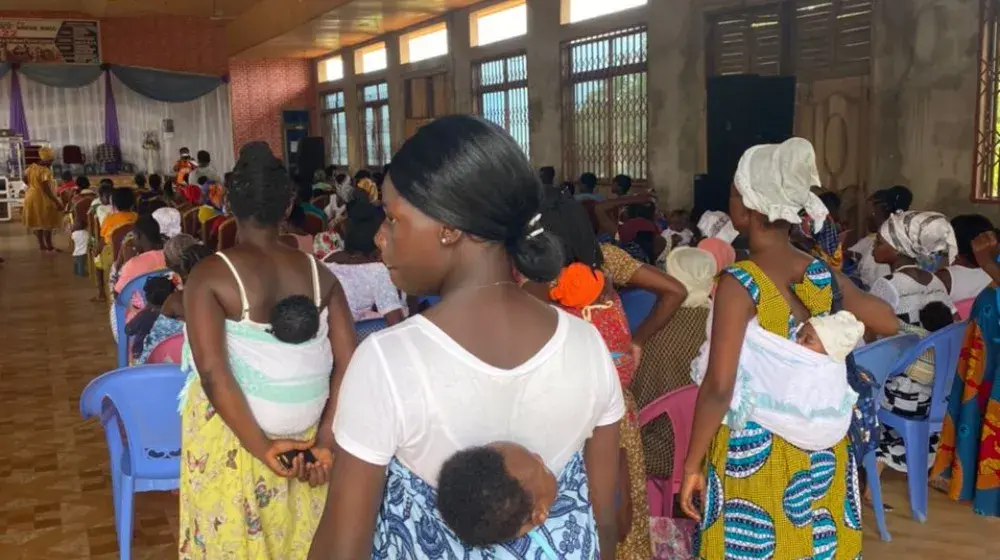
Teenage pregnancy continues to be a pressing issue in Ghana, with staggering statistics revealing the extent of the crisis. According to the United Nations Population Fund (UNFPA), a staggering 542,131 pregnancies were recorded among adolescent girls aged 15-19 years from 2016 to 2020. Furthermore, the situation is even more concerning for younger teenagers, with 13,444 pregnancies reported among girls aged 10-14 years during the same period.
The Ghana Statistical Service further sheds light on this alarming trend, indicating that one in every ten adolescent girls aged 15 to 19 years has experienced a live birth. The situation escalates with age, as the percentage rises to nearly 23.8% among 19-year-olds. These figures are not just numbers; they represent the lives and futures of countless young girls facing challenges that could alter their paths forever.
Key Statistics:
• 542,131 pregnancies among adolescent girls aged 15-19 years (2016-2020)
• 13,444 pregnancies among young teenagers aged 10-14 years (2016-2020)
• 1 in 10 adolescent girls aged 15-19 years have had a live birth
• 23.8% of 19-year-olds have had a live birth
The implications of these statistics are dire. The UNFPA warns that adolescents and young women face numerous sexual and reproductive health risks, including sexually transmitted infections, repeated pregnancies, and increased vulnerability to sexual and gender-based violence.
As the numbers climb, so does the urgency to address the underlying factors contributing to teenage pregnancies in Ghana. Educational initiatives that focus on reproductive and sexual health are essential. These programs must not only provide information but also ensure access to postpartum family planning services and contraceptives.
Local NGOs, educational institutions, and government bodies need to work together to create a supportive environment where young people can receive the guidance and resources they need to make informed decisions about their sexual health. By prioritising education and accessible healthcare, Ghana can turn the tide on this crisis and empower its youth to forge a brighter future.
The rising tide of teenage pregnancies is a wake-up call for society. It’s not just a health issue; it’s a matter of human rights and opportunities for young girls across the nation. Now is the time to take action and address the root causes, ensuring that no girl’s future is defined by an early pregnancy.






